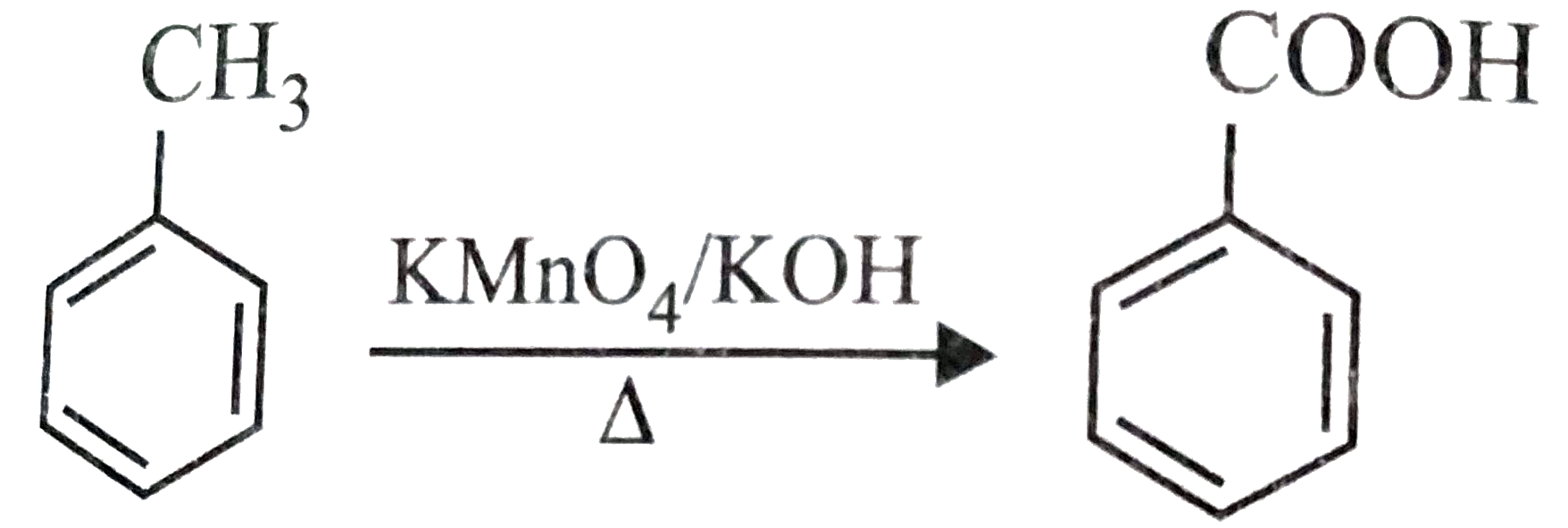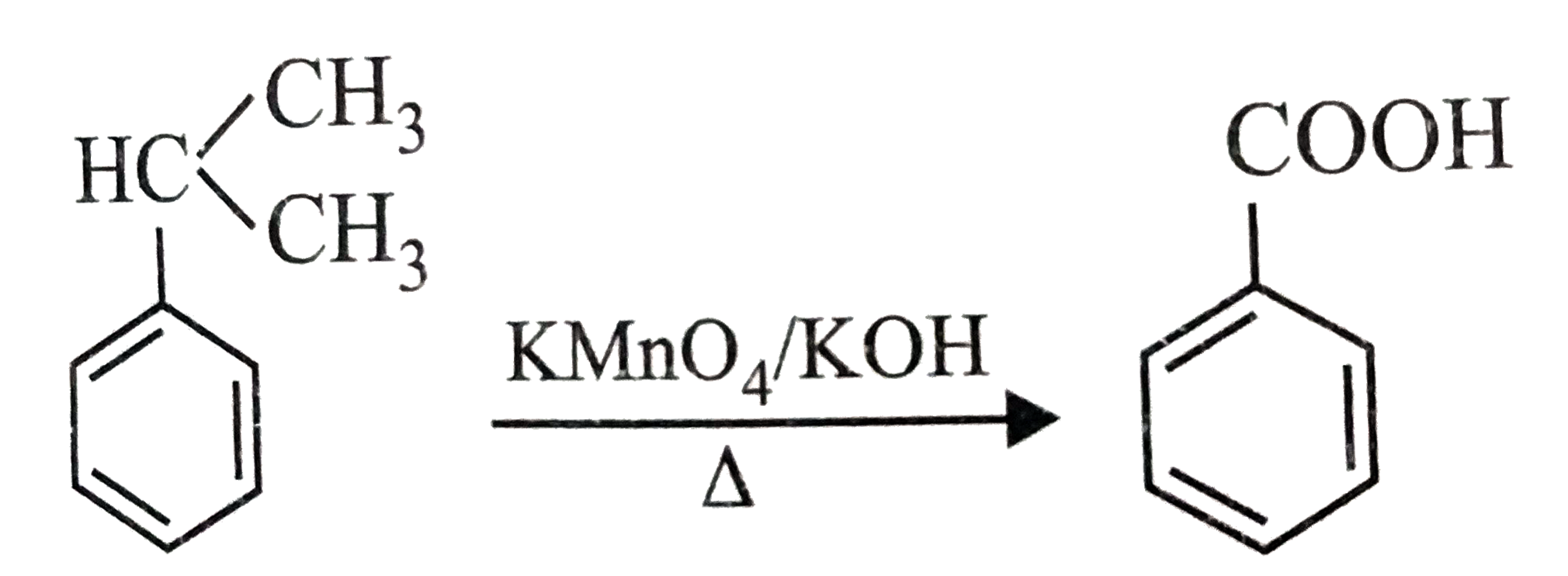Which one of the following reactions does not come under hydrolysis type reaction?
SiCl4(l)+2H2O(l)→SiO2(s)+4HCl(aq)
Li3N(s)+3H2O(l)→NH3(g)+3LiOH(aq)
2F2(g)+2H2O(l)→4HF(aq)+O2(g)
P4O10(s)+6H2O(l)→4H3PO4(aq)
The correct Answer is:C
To determine which of the following reactions does not come under hydrolysis type reaction, we need to understand what hydrolysis is. Hydrolysis is a chemical reaction in which water is used to break down a compound. This typically involves the addition of water to a salt or a compound, resulting in the formation of new products.
1. Identify Hydrolysis Reactions: Hydrolysis reactions involve the interaction of water with a compound, leading to the breakdown of that compound. We will analyze each reaction provided in the options.
2. Analyze Each Reaction:
- Reaction 1: SiCl4 + H2O → SiO2 + HCl
- In this reaction, SiCl4 reacts with water, resulting in the formation of SiO2 and HCl. This is a hydrolysis reaction because water is breaking down the SiCl4.
- Reaction 2: Li3N + H2O → LiOH + NH3
- Here, lithium nitride reacts with water to produce lithium hydroxide and ammonia. This is also a hydrolysis reaction as water is involved in breaking down Li3N.
- Reaction 3: F2 + H2O → HF + O2
- In this case, fluorine reacts with water to produce hydrofluoric acid and oxygen. However, the water does not break down the F2 molecule in the same way as in the previous examples. The reaction does not involve the hydrolysis of a compound but rather a reaction where water is a reactant. Thus, this does not fit the classic definition of hydrolysis.
- Reaction 4: P4O10 + H2O → H3PO4
- This reaction involves phosphorus pentoxide reacting with water to form phosphoric acid. This is a hydrolysis reaction because water is used to break down P4O10.
3. Conclusion: Based on the analysis, the reaction that does not come under hydrolysis type reaction is Reaction 3: F2 + H2O → HF + O2.
Final Answer:
The reaction that does not come under hydrolysis type reaction is F2 + H2O → HF + O2.
- Reaction 1: SiCl4 + H2O → SiO2 + HCl
- In this reaction, SiCl4 reacts with water, resulting in the formation of SiO2 and HCl. This is a hydrolysis reaction because water is breaking down the SiCl4.
- Reaction 2: Li3N + H2O → LiOH + NH3
- Here, lithium nitride reacts with water to produce lithium hydroxide and ammonia. This is also a hydrolysis reaction as water is involved in breaking down Li3N.
- In this case, fluorine reacts with water to produce hydrofluoric acid and oxygen. However, the water does not break down the F2 molecule in the same way as in the previous examples. The reaction does not involve the hydrolysis of a compound but rather a reaction where water is a reactant. Thus, this does not fit the classic definition of hydrolysis.
- This reaction involves phosphorus pentoxide reacting with water to form phosphoric acid. This is a hydrolysis reaction because water is used to break down P4O10.
The reaction that does not come under hydrolysis type reaction is F2 + H2O → HF + O2.
Similar Questions
Knowledge Check
Which of the following reactions does not occur ?
A B
B C
C D
D
Which of the following reactions does not take place?
AC2H5Br+KNO2→C2H5−O−N=O+KBrB CC2H5Br+AgCN→C2H5NC+AgBrDC2H5Br+KCN→C2H5NC+KBr
CC2H5Br+AgCN→C2H5NC+AgBrDC2H5Br+KCN→C2H5NC+KBr
Which one of the following tetrachlorides does not undergo
hydrolysis ?
View SolutionWhich of the following reaction does not take place ?
View SolutionWhich of the following reactions does not take place?
View SolutionWhich of the following reactions does not take place?
View SolutionWhich of the following reaction does not produce ethyne ?
View SolutionWhich of the following reactions does not produce oxygen ?
View Solution